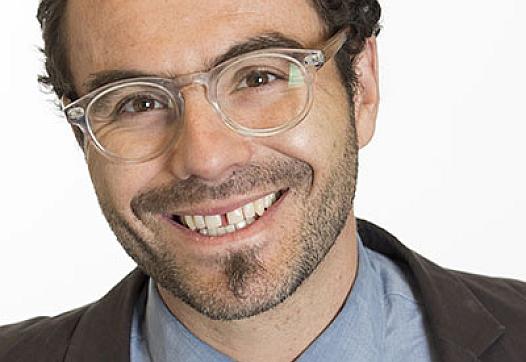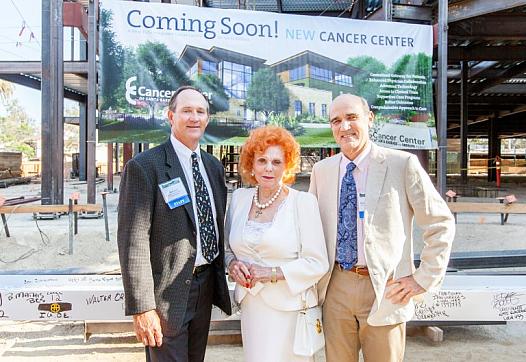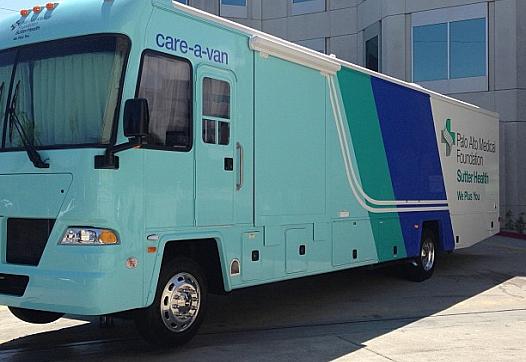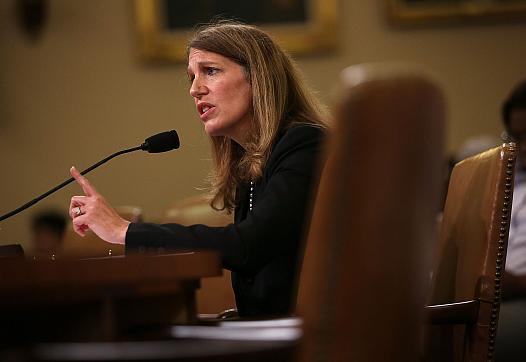
This week, we caught up with Dan Gorenstein, senior reporter for Marketplace’s Health Desk. Here are his top morning health news reads.

This week, we caught up with Dan Gorenstein, senior reporter for Marketplace’s Health Desk. Here are his top morning health news reads.

In Los Angeles, reporter Peiwen Jing finds that the public health system could be doing far more to reach out to Chinese immigrants about health care coverage and access to care.
![Proponents of the public option didn’t prevail in 2009. They’re still unlikely to do so today. [Photo: Scott Olson/Getty Images]](/sites/default/files/styles/teaser_list_thumbnail_large/public/title_images/GettyImages-92613210.jpg?itok=alSIrQRP)
What's known as the "public option" has been given a fresh push by Clinton's campaign and the Democratic Party this year. But while the Obamacare problems it seeks to address are real, it's an unlikely solution.
![[Photo by Getty Images]](/sites/default/files/styles/teaser_list_thumbnail_large/public/title_images/GettyImages-516336064.jpg?itok=TtA_ZBY4)
Too often, people experience death in ways deeply at odds with how they'd wish to live out their final days. In a recent webinar, a policy expert and journalist shared ideas for how the U.S. healthcare system navigates the end of life.

For unaccompanied minors, seeking out health care is fraught will challenges and fear. Reporter Lucy Guanuna tells the stories of young mothers and children, and their unmet health needs.

The proposed merger of Cottage Health, operator of the only hospitals in South Santa Barbara County and the Santa Ynez Valley, with Sansum Clinic, the largest physician practice in the area, raises questions about cost, quality and access to care.

In order to see whether heart stents actually improved patients' lives, the VA health care system decided to ask them directly, before and after surgery. But does this approach work?

This article was produced, in part, as a project for the USC Center for Health Journalism’s California Fellowship, a program at the USC Annenberg School for Communication and Journalism....
For residents of California's vast rural areas, where nine hospitals have closed in the past decade, a cancer diagnosis can be especially frightening. Here's why.

High levels of flux in the Obamacare exchanges make it a tough story to cover. Veteran observer Steven Findlay breaks down some of the key trends and offers reporters advice on how to make sense of the confusion.